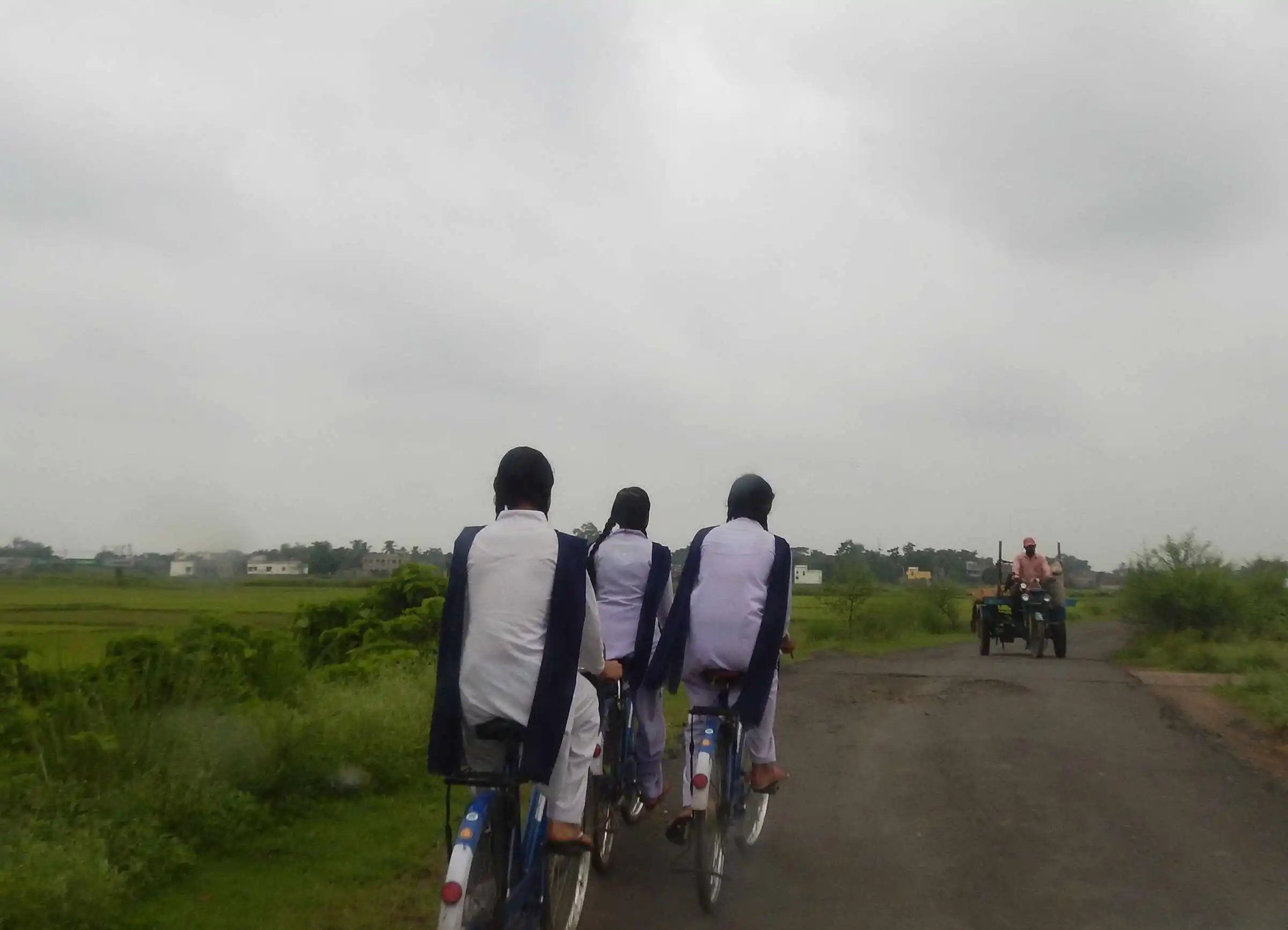Territorial Transformation
Bengal Region, IND

Project Description
The study contributes to the socio-technical understanding of regional and territorial relationships through the lenses of national infrastructure planning and local construction methods. As India extends its national road infrastructure, it catalyses its predominantly rural areas to transform into quasi-urban territories. However, this vast territorial transformation remains misunderstood as being only a by-product of the urbanisation processes radiating to and from the city, leading to misrepresentation in regional development policies and creating unintended consequences.
In the region of Bengal, four typological urban-rural sites – the almost urban, the periphery, the in-between zone and the almost rural were selected as the case sites. To understand both national and local factors impacting territorial transformation, the study a) surveyed and interviewed 397 households, 61 local governance agencies, 4 blocks and 4 district administrators, b) interviewed engineers and administrators in the various state agencies involved with road development, and c) examined the national road infrastructure schemes and local governance frameworks, in these sites.
An ethnographic and statistical analysis of the data collected illustrated relationship between various types of assemblages of roads, policies, agencies, stakeholders and spatial configurations catalyses that informs types of spatial transformation trends in a region. The research aims to inform policy-makers on how to assess and adapt national development policies to the local context.
Fieldwork Reflection
The research methodology aids in reducing personal and professional biases and helps in accounting for the possibilities of unforeseeable causations in the research area.